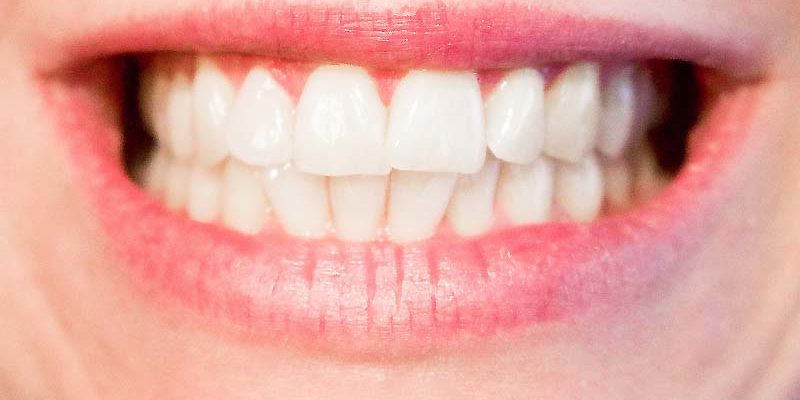8 Myths and Facts About Cavities
People say that a large consumption of sugar can lead to tooth decay. Some also say that now that you have all grown up, you are no longer prone to cavities. With so many statements floating around the world, it is hard for a person to sift through them, to differentiate which is true and which is not. Many statements about dental health are actually nothing more than myths and following them will do you no good. So how do you know which one is a myth and which one is a fact? Take a look at some common sayings about cavities and find out which are facts and which are myths:
-
Exposure to acidic food causes tooth decay (FACT): Acidic foods such as lemons and other citrus fruits can put your teeth in the way of harm as the acid can erode the enamel of your teeth.
-
Kids have a higher chance of getting cavities than grown ups (MYTH): Just because children gobble up sugary treats like biscuits, chocolates and cakes, it does not mean adults are less likely to face dental problems. Adults are just as prone to tooth problems if they consume a lot of sugary or acidic foods.
-
Aspirin placed next to a tooth will reduce toothache (MYTH): No, the tooth will not absorb anything from the aspirin, rather the aspirin placed beside the painful tooth will make it even worse. Since aspirins are acidic in nature, the acid can cause erosion or give rise to an abscess. If you really want to reduce the toothache, then swallow the aspirin, like it is meant to be.
-
Cavities mostly occur in between teeth (FACT): Any place in your mouth that cannot be reached by a toothbrush or dental floss is a good breeding place for bacteria, which in turn can cause cavities. If you have gaps in between your teeth too small for the bristles of the toothbrush or the floss to reach, then you should use an anti cavity mouthwash, which would have no problem gaining access to every nook and cranny of your mouth and hence can prevent cavities very easily.
-
Chips and cracks in teeth encourage the growth of bacteria (FACT): Similar to gaps in between teeth, chips and cracks in teeth also provide a good hiding place for bacteria, as these are areas that toothbrushes cannot reach easily. A solution for this problem would be using a fluoride mouthwash as it can reduce the possibilities of developing cavities by flowing into spaces that your brush cannot reach.
-
Teeth sensitivity is a sign of tooth decay (MYTH): If your teeth tingle when you drink cold water or hot coffee, tooth decay may not be the primary reason behind it. It could just be hypersensitivity, exposure of roots, chipped teeth or the fact that your tooth is in serious need of a root canal.
-
Grinding may lead to cavities (FACT): Grinding is one of the major factors that contribute to the development of cavities. When you clench your teeth, this mere action puts a tremendous amount of pressure on your teeth and can thus lead to cracks. If the cracks expose the inside of a tooth, it provides an ideal place for the breeding of bacteria and an eventual occurrence of cavities.
-
Brushing, flossing and rinsing are the best way to prevent cavities (FACT): Obviously, such regular, rigorous cleaning methods help to prevent cavities and other dental problems- if you want healthy and beautiful teeth, there are no better alternatives than these. By brushing at least twice a day and flossing and using mouthwash on a daily basis, you are lowering the risk of developing cavities considerably!
Now that you have a basic idea about what is myth and what is fact, doesn’t it seem easier for you to take precautions against cavities?
Originally posted 2014-01-09 18:19:06.
